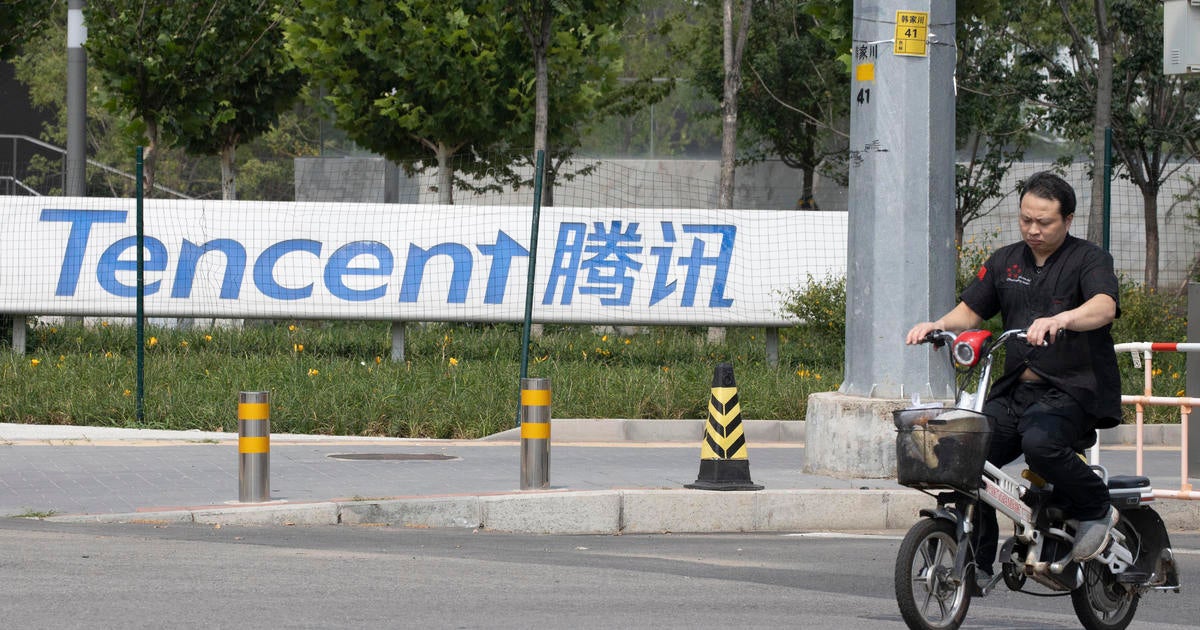US Adds Dozens of Chinese Companies to Military List: Tencent, CATL, and SenseTime Among Those Affected
The United States Department of Defense recently added a significant number of Chinese companies to its list of entities deemed to have ties to the Chinese military. This bombshell announcement sent shockwaves through the global business community, impacting prominent names such as Tencent, CATL, and SenseTime. The move is the latest escalation in the ongoing US-China tech war, raising concerns about national security and the future of global trade.
Who Made the List?
This newly updated list, officially known as the "Chinese Military Companies" (CMC) list, now includes 134 entities. The inclusion of tech giants like Tencent, the world's largest video gaming company, and CATL, the world's largest battery maker, has raised eyebrows. Also on the list is the AI powerhouse SenseTime, further solidifying the growing tensions in the tech sector between the US and China. This expansion signifies a significant step by the US government to curb the transfer of sensitive technologies to the Chinese military.
The Fallout: Market Reactions and Official Responses
The immediate aftermath of the announcement saw significant market fluctuations. Tencent's shares plummeted on the Hong Kong Stock Exchange, while CATL experienced a notable drop in Shenzhen. The companies have responded with statements vehemently denying any military ties and vowing to challenge the decision. They expressed intentions to formally appeal this designation to US authorities and are exploring legal options, underscoring the high stakes involved. China's Ministry of Foreign Affairs has officially condemned the US action, characterizing it as unjustified and detrimental to international relations and economic cooperation. These statements from the companies and the Chinese government reveal a fierce pushback against the American approach.
National Security Concerns and Geopolitical Implications
The US government's rationale rests on concerns about national security. Restricting advanced technologies is intended to hinder the military modernization and advancement of China's technological prowess. This list's continuous growth signals a rising level of anxiety about China's ambition to surpass the United States on the global technological stage, and particularly in strategic industries such as artificial intelligence and battery technology that hold substantial implications for national defense and power balance. This move intensifies the broader geopolitical rivalry between the two superpowers.
Looking Ahead: The Future of US-China Tech Relations
This controversial decision leaves several critical questions in its wake. Will the Chinese companies be successful in their appeals? What implications will this have on broader trade relations between the US and China? And will this decision influence how other nations view China's technology industry? This escalation of tensions is a stark reminder of the complexities inherent in managing technological advancement in the global arena. The future of US-China tech relations remains uncertain and laden with implications not just for the tech industry but also for international geopolitics.
Take Away Points
- The US added numerous Chinese companies, including prominent names in gaming, AI, and battery technology, to its list of entities with suspected military ties.
- The listed companies are pushing back strongly, denying involvement and considering legal action.
- This action reflects growing tensions and a broader geopolitical competition for technological dominance between the US and China.
- The future of the relationship between the two countries will continue to be characterized by uncertainty.




